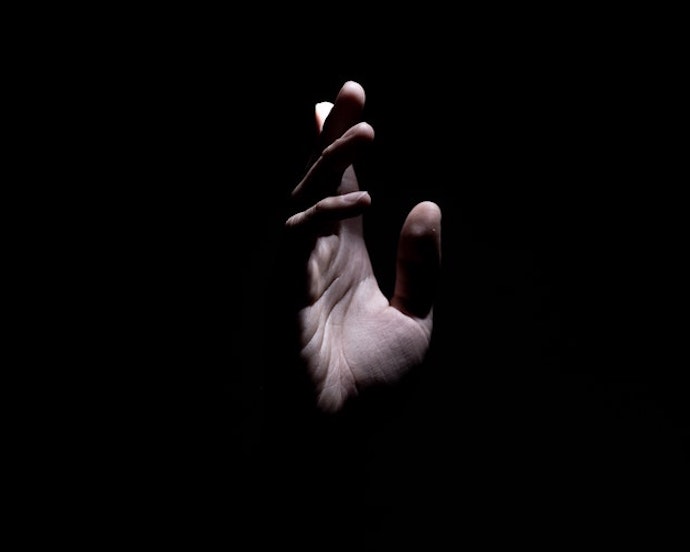When we think of asylums it brings to mind images of poor medical care, unfair treatment and abuse. Asylums were the very real horror story of the 1800s and beyond. Now, they still exist, and prison is the asylum by another name.
Each year in the United States 2.12 million prisoners are housed, out of these, 1 in 5 have a disability. Not to mention, “32 percent of federal prisoners and 40 percent of jail inmates report at least one disability” according to idaamerica. This is a hugely disproportionate number, and why is that? Because they’re asylums, that’s why.
Reverby finds that the “deinstitutionalization of patients in the state mental hospitals that had begun in the 1950s affected incarceration by the 1970s” and that “the mentally ill were swept out of hospitals, into the streets, and then into jails and prisons” as a type of social cleaning.
Many, like Becky Crow, author of Orange is the New Asylum: Incarceration of Individuals with Disabilities, believe it is a way to remove the disabled from society. Her research goes as far as to demonstrate a “school-to-prison pipeline” shunting these people out of societies way, just as the wardens of the past did. This corroborates Reverby and many others.
Why else could the prison numbers be so high? And things are just the same as they were back in the day. Maybe they don’t force people into boiling baths anymore, but slotting them in a dark hole, limiting contact and electric shock treatment are still very real practices. Humans are suffering, not just any humans but those already at a disadvantage.
When it comes to learning difficulties Gormley, author of The Hidden Harms of Prison Life for People with Learning Disabilities, finds that there are “multi-faceted and nested forms of harm that people with learning disabilities encounter while in prison as a result of direct and indirect discrimination.” This is completely out of order.
Prison is hard enough at the best of times, with the Bureau of Justice Statistics finding that “30% of jail inmates reported symptoms of major depression”, so imagine the strain this puts on those with disabilities. Incarceration is a catalyst for decaying mental and physical health at the best of times, to place the mentally disabled here is dangerous. Perhaps even devastating since suicides are up by 22% according to prisonpolicy.org.
They need specialist care and although legislation states reasonable adjustments will be made, the term is ambiguous and poorly executed – if at all.
The point is that “modernization in the provision of health care had eluded prisons and jails” (Reverby PhD, 2018) which has led to a halt in progression of society, especially for those with disabilities. All “incarcerated people were perceived as prisoners, not patients” and so disability, both physical or mental, is not accounted for. There is a very toxic view that prisoners deserve what they get, but often people forget that their time is their punishment and that these are human beings – just as we did in the bygone eras. It is no wonder that Brecher and Della Penna said prisons were stuck in the “horse-and-buggy” era.
And let us not forget how so many disabled people are coming into the prisons – why? A lack of support in the courts and the problems only get worse in the next stages.
So, if you’re the sort of person who gets a thrill from watching movies about asylums, remember that for the disabled, the asylum exists. Those horrors are more real and closer to home than you thought.
References
Becky Crowe & Christine Drew, school-to-prison pipeline,
Brecher EM, Della Penna RD. Health Care in Correctional Institutions. (Washington,
Caitlin Gormley, The Hidden Harms of Prison Life for People with Learning
Susan M. Reverby, PhD, Can There Be Acceptable Prison Health Care? Looking Back
https://ldaamerica.org/lda_today/disability-and-criminal-justice-reform/
https://www.statista.com/statistics/262962/countries-with-the-most-prisonersper-100-000-inhabitants/
https://bjs.ojp.gov/content/pub/pdf/mhppji.pdf
https://www.prisonpolicy.org/blog/2021/06/08/prison_mortality/

![V0013727 The Hospital of Bethlem [Bedlam], St. George’s Fields, Lambe](https://adoptaninmate.org/wp-content/uploads/2021/09/The_Hospital_of_Bethlem_Bedlam_St._Georges_Fields_Lambe_Wellcome_V0013727-scaled.jpg)




0 Comments